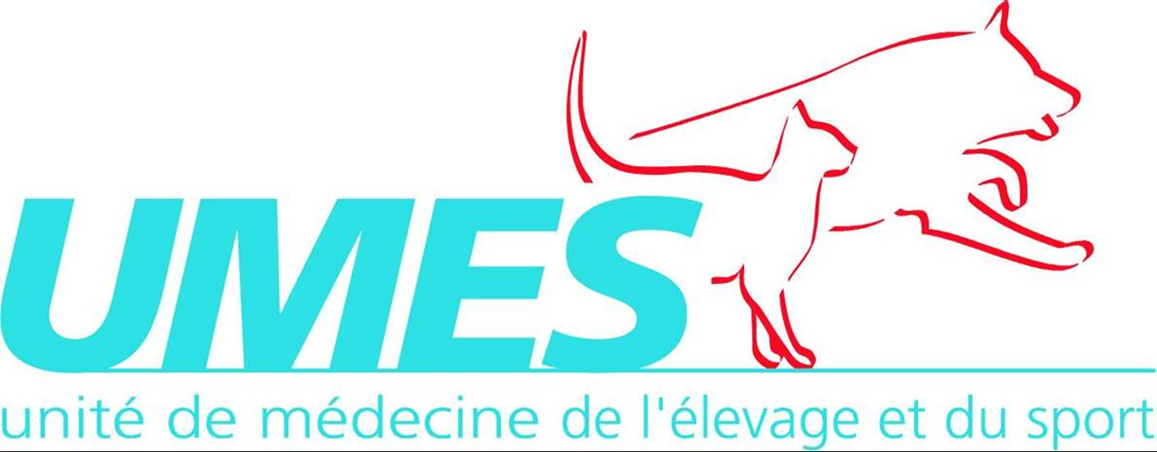For centuries, dog has been used by human to do things he was unable to do by himself,
like keeping herds or travelling long distance in particular difficult conditions
in the North. Some kinds of use have become sports, like sled dogs, or many herd
keeping dogs, which are now more used in leisure than in work. We do not forget
the role of these dogs, their place, because we go on seeing their wonderful performance
during competition. Aware of the fact that some senses, especially olfaction, are
much more developed in dogs than in human beings, the human tries to teach “his
best friend” things which can help him in his everyday life.
We thought we know these dogs. Everybody has in his mind search and rescue teams
on rubble, finding somebody alive, or police dogs finding some explosives or arresting
a criminal. But these dogs that save lives are scarcely put into light compared
to their handler or to authorities. We forget that these dogs work everyday in our
society, avoiding some trouble, finding a child lost in the wood or a park. We very
often do not find a world about them in many news items, even if a working dog took
part in it. Do we know that every year, some diabetic people are saved by their
dogs that have been trained to detect the beginning of hypoglycaemia crisis? Not
everybody knows about that, and not many people are aware of the number of lives
saved by dogs every year.
Concerning the medical world dog has a more important place today. We all know about
dogs for blind or disabled people because many associations speak about them and
help people to know them. But some dogs are also trained to help deaf people (alerting
them when a bell rings or a baby cries), some autistic children succeed in having
a better life thanks to the dog and we almost never hear about them. Even doctors
and biologists find in the dogs a good help: some cancer, for example bladder or
prostate ones, can be earlier detected by dogs than by machine.
Thanks to its exceptional olfaction, the dog can also help human to know and protect
his environment. Some dogs are then trained to detect some parasites in plants (like
in palm trees in Abu Dhabi), or in buildings (for example in Korea). The environment
can be treated before a massive infestation thanks to their work. Some other dogs
are trained to find endangered species (like some turtles species in the Mojave
Desert) and the dejection of some other ones (for example in the United States)
to follow their population and protect them.
However, despite the high number of roles of working dogs in our society, they are
still underestimated and it remains difficult to learn more about their abilities.
Not many research, not many people are dealing with the way to improve their performance
and help them during their missions. These dogs are athletes, these dogs have to
work all around the world in either conditions, their needs have to be known to
help them giving us the best and to allow the handler to work with his dog as long
as possible.
Dr Delphine Clero
Breeding and Sport Medecine Unit


Ecole Nationale Vétérinaire d’Alfort, France
Link to the video (in English)
http://www.fci.be/symposium2011/dclero.html
(recorded on November 11th, 2011, on the occasion of the FCI Cynological Days organised
to celebrate FCI’s Centenary).